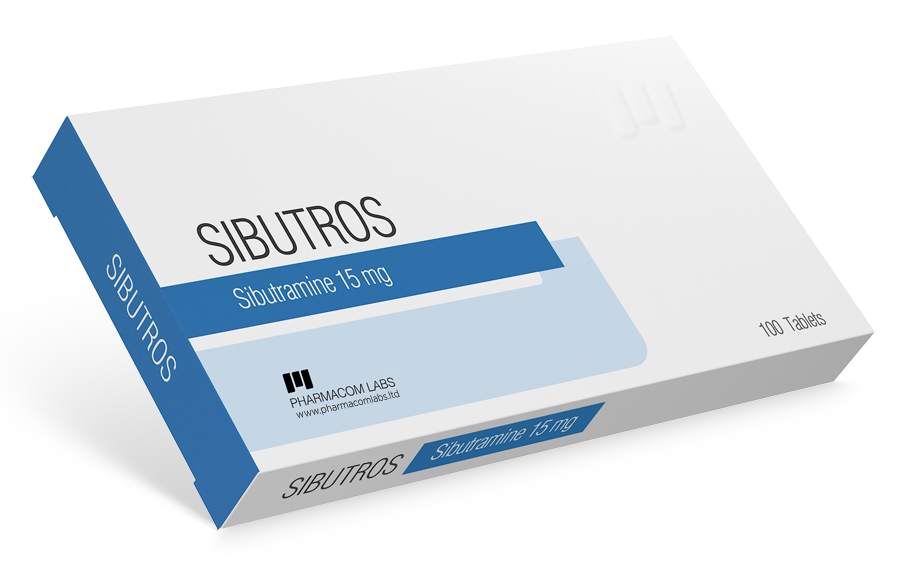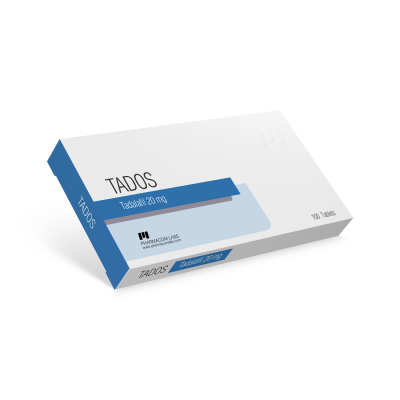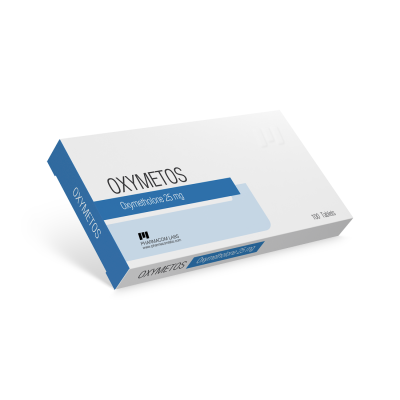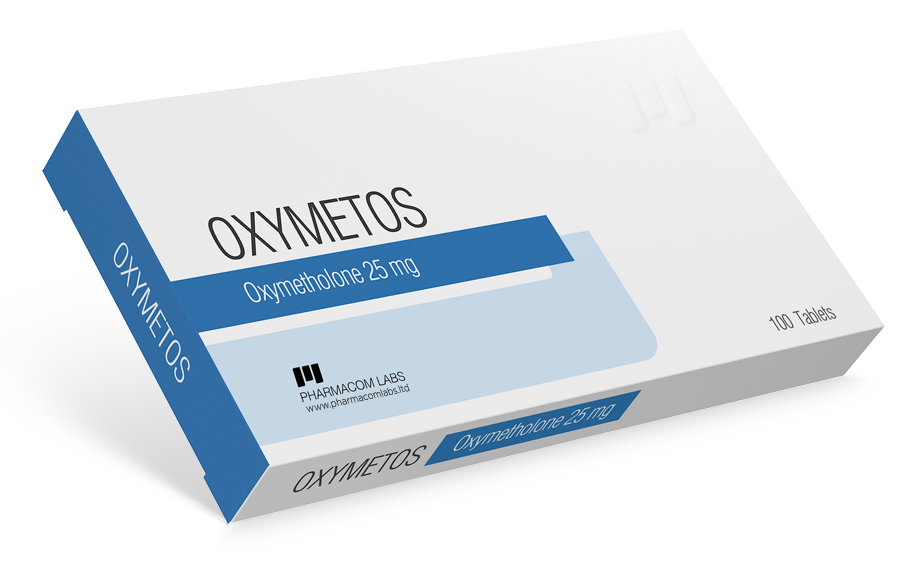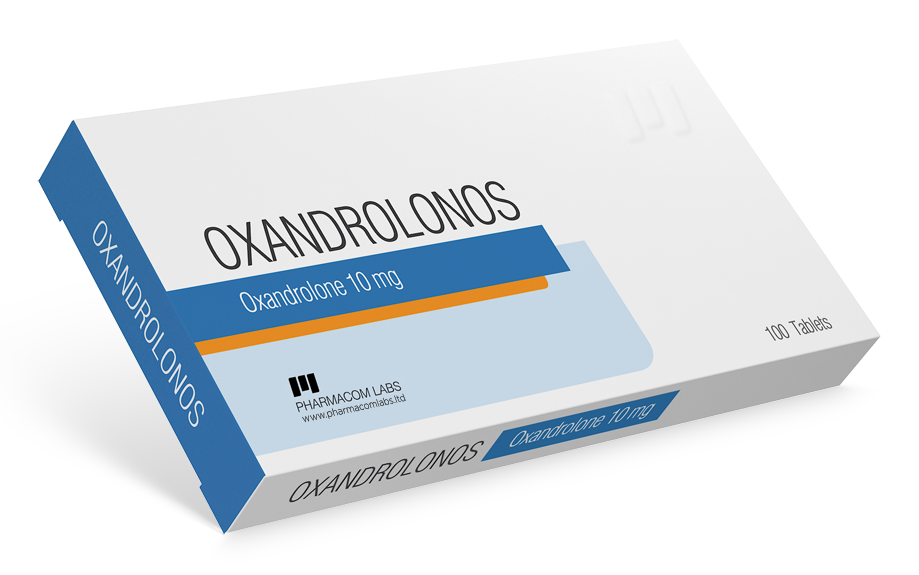Sibutramine is a non-steroidal anorexigenic drug that enhances the feeling of satiety. The drug is a direct serotonin and norepinephrine reuptake inhibitor, structurally similar to amphetamine. It belongs to a group of drugs for the treatment of obesity and is used in a comprehensive maintenance treatment of patients with overweight. Sibutramine hydrochloride appeared on the market in 1998 under the brand name Meridia from the Abbot Laboratories Company.
Sibutramine acts in two ways:
- Inhibits the reuptake of neurotransmitters serotonin and norepinephrine from synoptic gap, which reduces appetite and food intake (increases the feeling of satiety). In studies subjected patients reduced the daily ration by 1,300 calories.
- Stimulates metabolism and increases thermogenesis. This fat burning effect occurs due to the indirect impact on beta-3-adrenoreceptors, which are responsible for fat burning.
Sibutramine converts by the liver into metabolites that significantly surpass sibutramine itself in the ability to inhibit serotonin and norepinephrine reuptake.
- Chemical name1-[1-(4-Chlorophenyl)cyclobutyl]-N,N,3-trimethylbutan-1-amine
- FormulaC17H26ClN
- Anabolic activity indexnot a steroid
- Androgenic activity indexnot a steroid
ACTIVE HALF-LIFE |
CLASSIFICATION |
DOSAGE |
ACNE |
|---|---|---|---|
1 hour |
non-steroidal anorexiant |
10-15 mg/day |
No |
WATER RETENTION |
HBR |
HEPATOXITY |
AROMATIZATION |
No |
Perhaps |
Low |
No |
